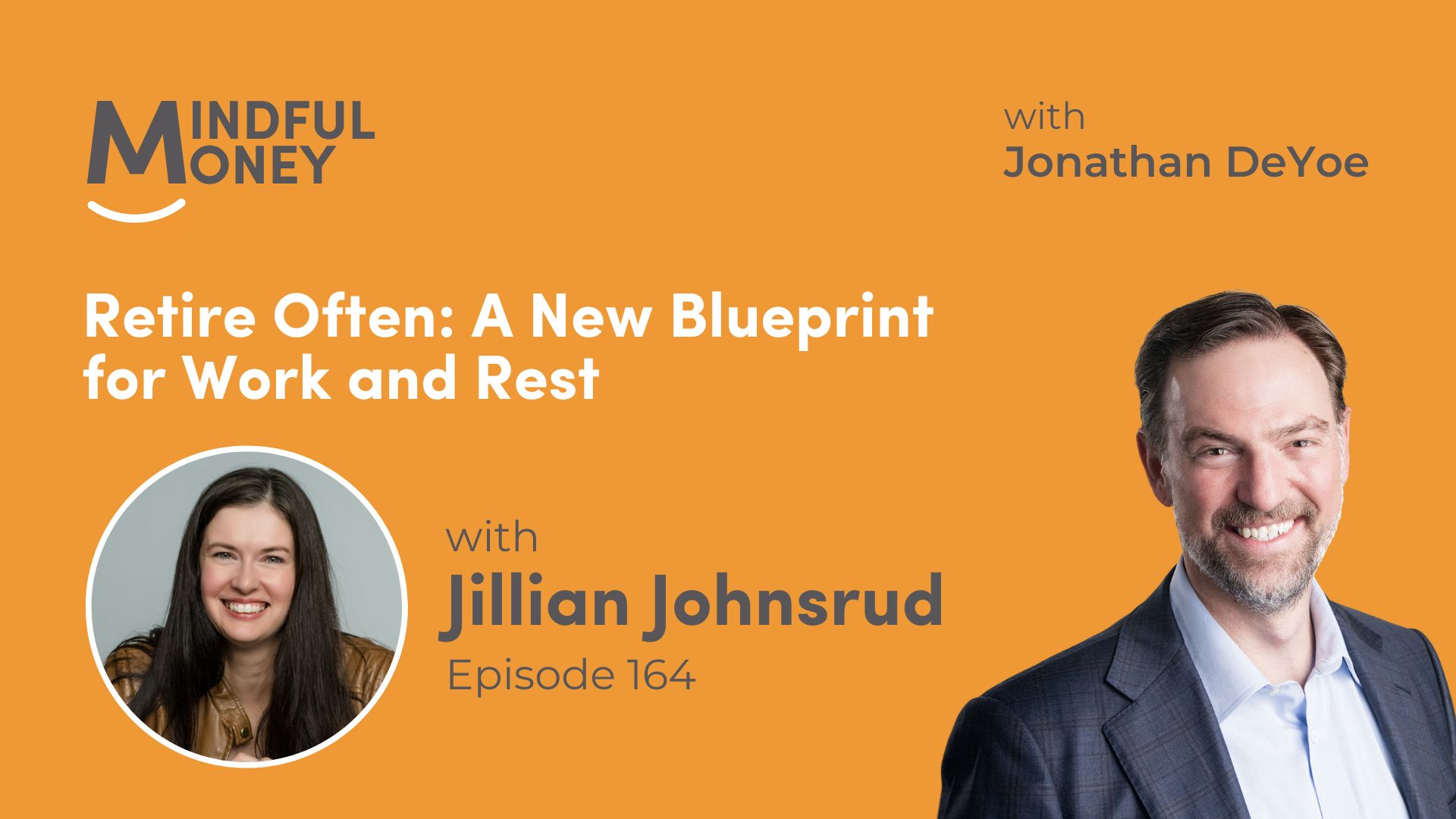The coronavirus is still very much with us, as is much of the economic dislocation occasioned by the virus and accompanying lockdowns. We are closing in rapidly on a number of vaccines. But it may be quite some time before most of us will have access to them, and there will inevitably be frustration in the process. In addition, in the coming weeks we will have to go through a hyperpartisan presidential election, with a variety of voting issues we’ve never had to deal with before.
So, before these multiple unknowns overwhelm us, I want to take a moment to review what we as investors should know. We have had an opportunity to learn—or relearn—these lessons since the onset of the great market panic that began in February/March and ended when the S&P 500 Index regained its pre-crisis highs in mid-August.
The lessons, it seems to me, are:
• No amount of study—of economic commentary and market forecasting—ever prepares us for really dramatic events, which always seem to come at us out of deep left field. Thus, trying to make investment strategy out of “expert” prognostication—much less financial journalism—always sets investors up to fail. Instead, having a long-term plan, and working that plan through all the fears (and fads) of an investing lifetime, tends to keep us on the straight and narrow, and helps us to avoid sudden emotional decisions.
• The equity market went down 34% in 33 days. None of us have ever seen that precipitous a decline before—but with respect to its depth, it was just about average. That is, the S&P Index has declined by about a third (some higher, some lower) roughly every five years or so since the end of WWII. But in those 75 years, the S&P Index has gone from about $15 to where it is today – somewhere near $3400. The lesson is that, at least historically, the declines haven’t lasted, and long-term progress has always reasserted itself.
• Almost as suddenly as the market crashed, it completely recovered, surmounting its February 19 all-time high on August 18. Note that the news concerning the virus and the economy continued to be dreadful, even as the market came all the way back. I think there are actually two great lessons here. (1) The speed and trajectory of a major market recovery very often mirror the violence and depth of the preceding decline. (2) The equity market most often resumes its advance, and may even go into new high ground, considerably before the economic picture clears. If we wait to invest before we see unambiguously favorable economic trends, history tells us that we may have missed a very significant part of the market recovery and advance.
• The overarching lesson of this year’s swift decline and rapid recovery is, of course, that the market cannot be timed—that the longterm, goal-focused equity investor is best advised to ride it out.
• These are the investment policies you and I have been creating and following all along; if anything, our experience this year has validated this approach even further.
A word now about the election: it is unwise in the extreme to make any radical change in allocation this close to, or because of, the election. For taxable accounts, the self-inflicted wound of incurring capital gains taxes would increase the damage. The chance of getting out and then back into the market advantageously are historically very poor (as we have already relearned from the Feb. – to Aug. round trip), nor can I possibly be helpful to you in attempting to do so.
As I have said all year—and as I do every election year—I urge you to stay the course. There will be volatility, but that volatility will smooth itself out shortly after the election – regardless of the outcome.
And that is where it is hardest. I do not know what the outcome will be. I have a distinct preference that is very much for a return to democratic norms, improving our status in the world along with a return to globalization, and bettering the lot of those most hurt by the pandemic and associated recession. No matter how vigorously I wish it to be or how confident I am that it will be, I don’t know – can’t know.
I’m recalling this timeframe in 2016 and remembering anguish. I am remembering many very difficult conversations. All of those conversations at that time started with commiseration and empathy and steered toward our heartfelt attempt to disentangle the emotion of that moment from our investment decisions. It is BECAUSE we are emotional that we employ the process we do. It helps us maintain our plans through overwhelming anxiety.
Whatever happens next month, we will be here to celebrate or to cry with you. As always, we are here to talk about any and all of these issues with you at any length you want or need; that is both our job and our mission.
Thank you, as always, for being Mindful Money clients. It is a privilege to work with so many terrific people.





